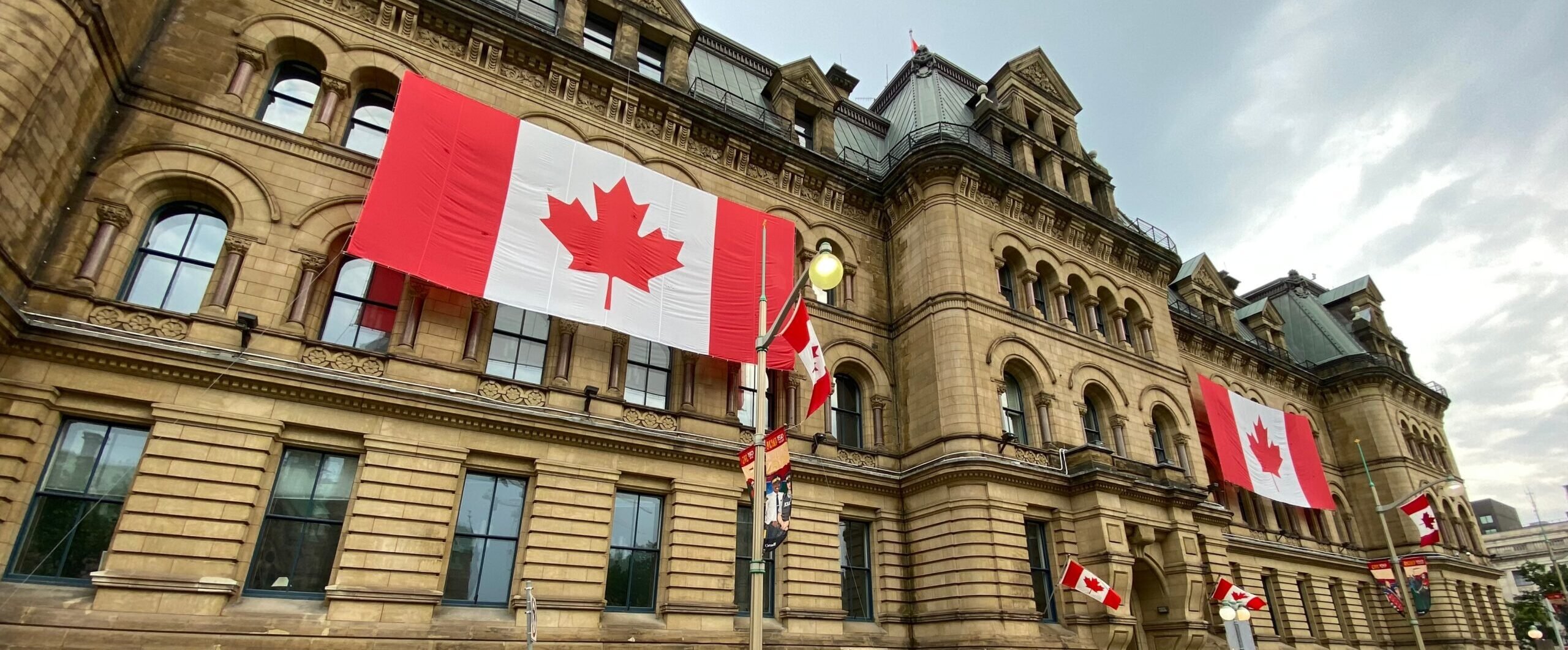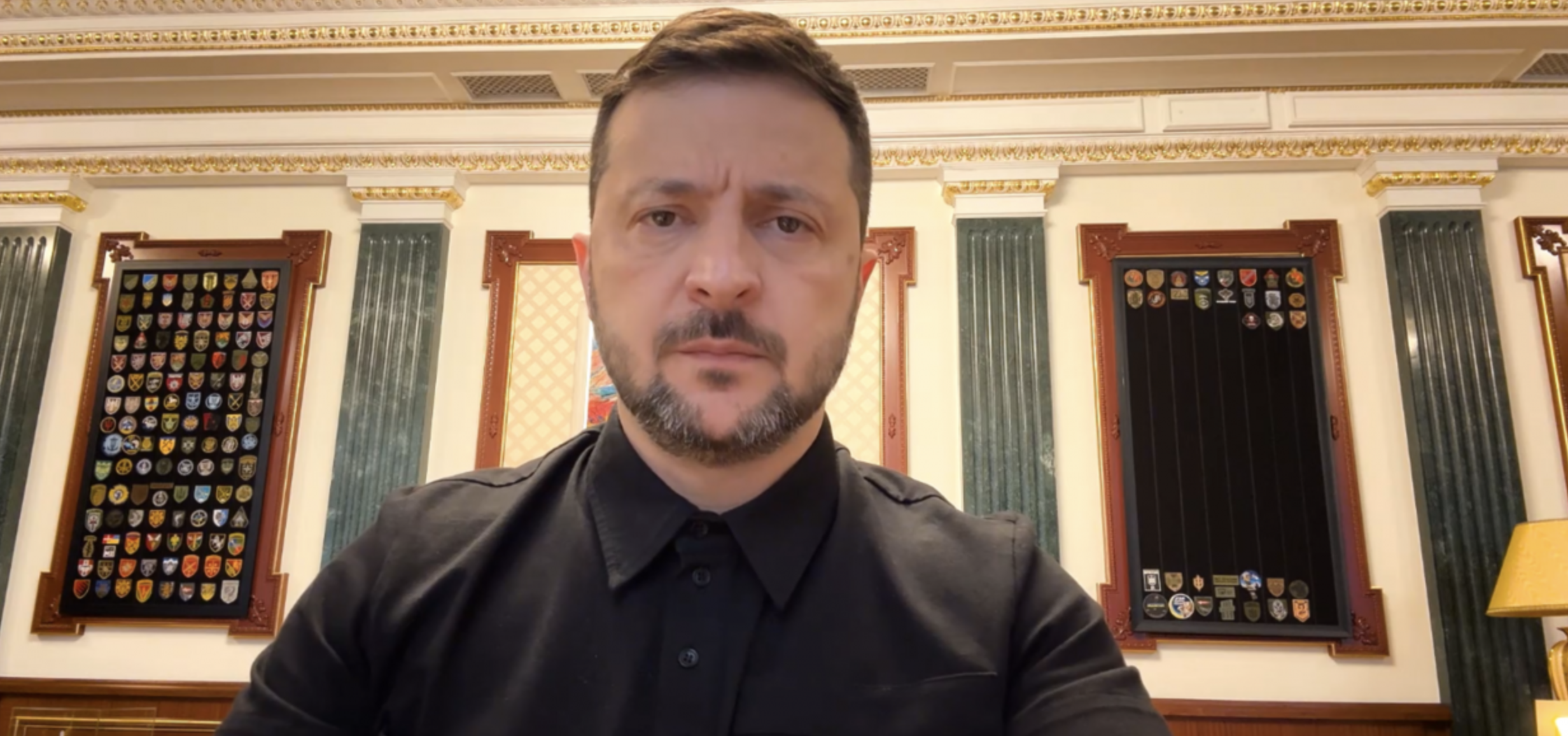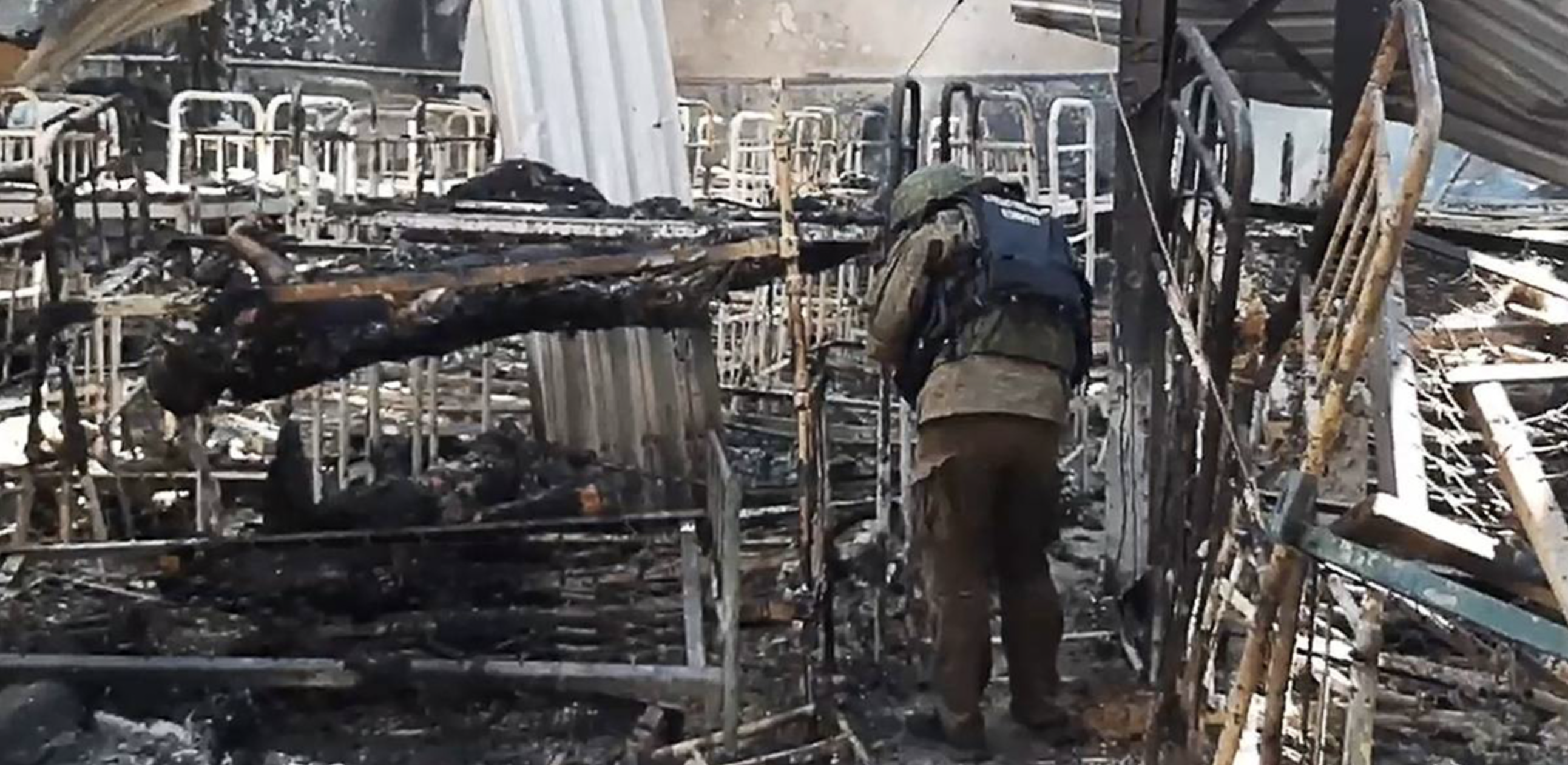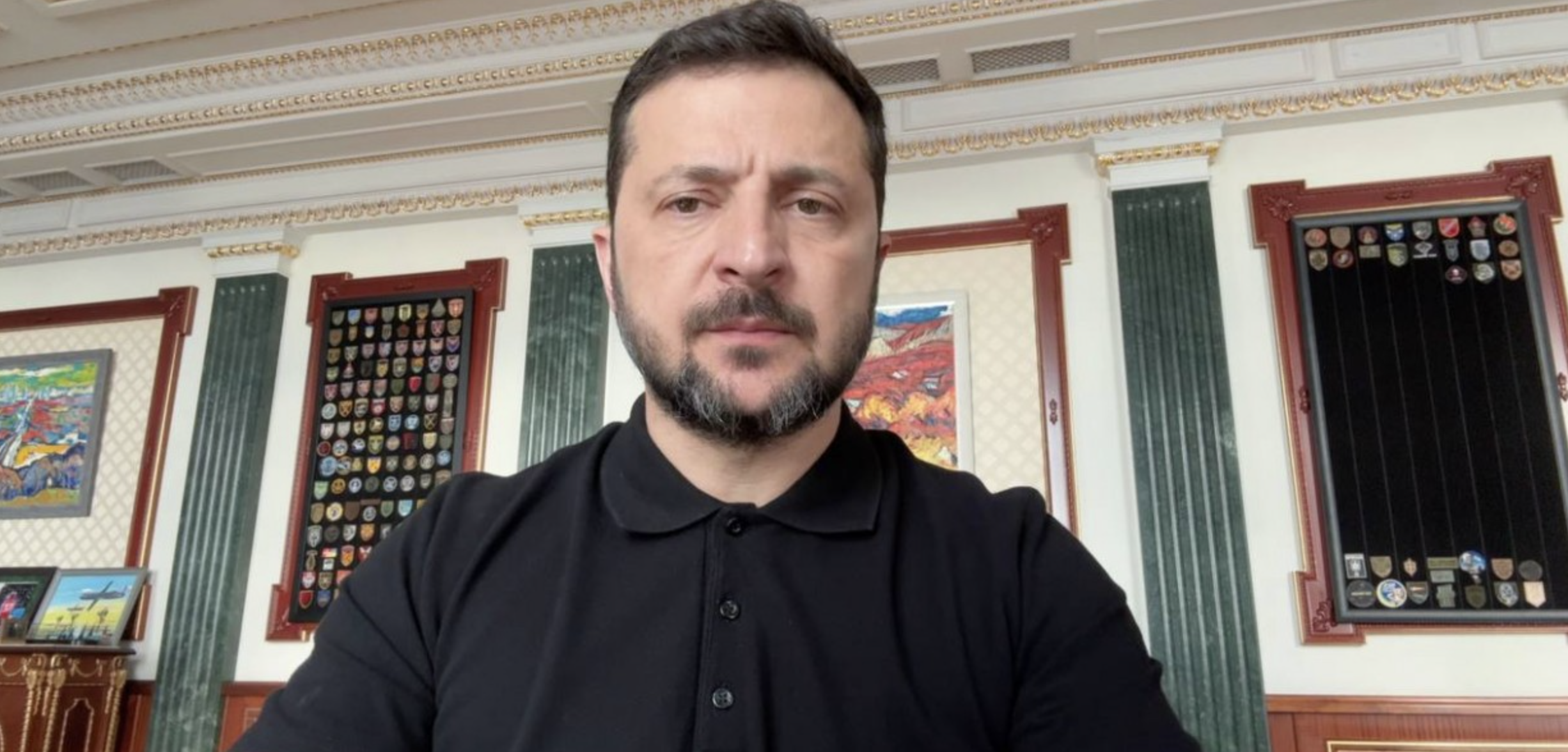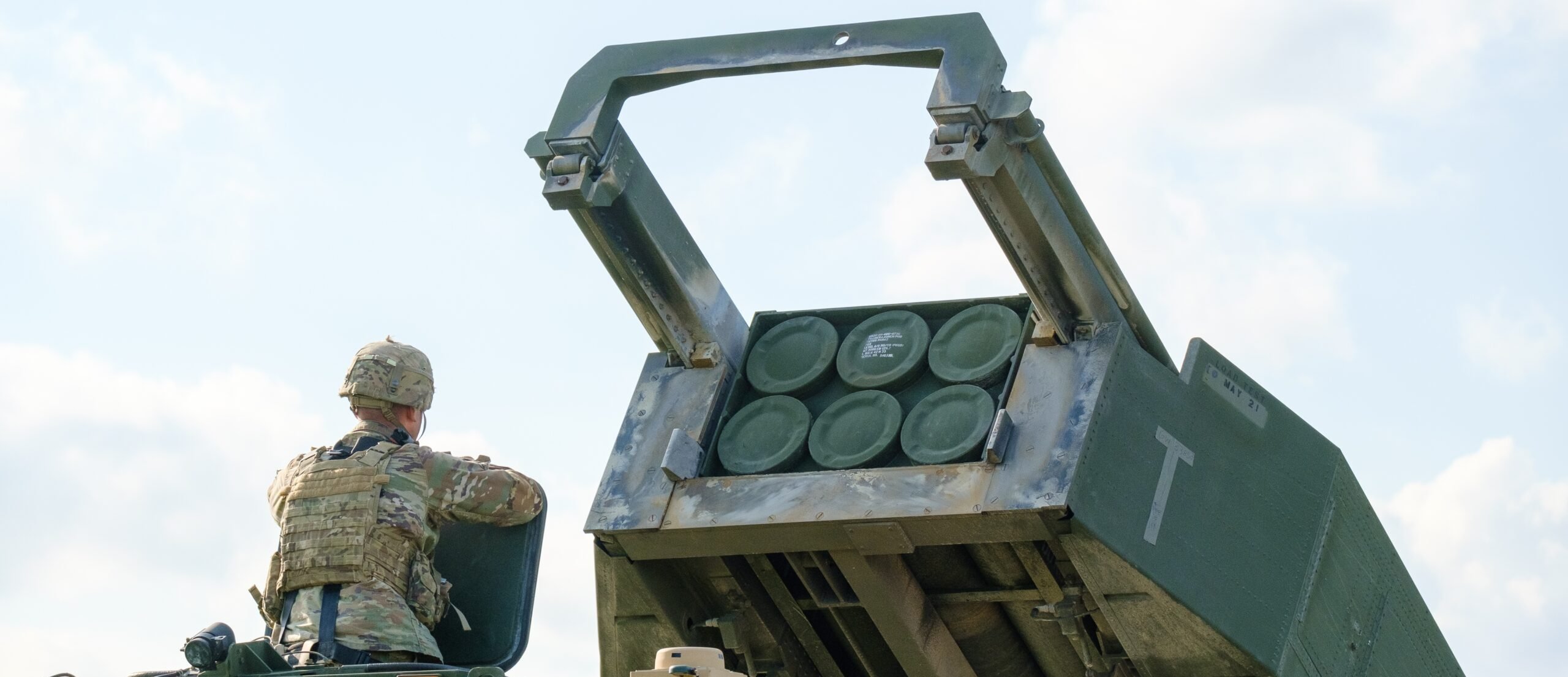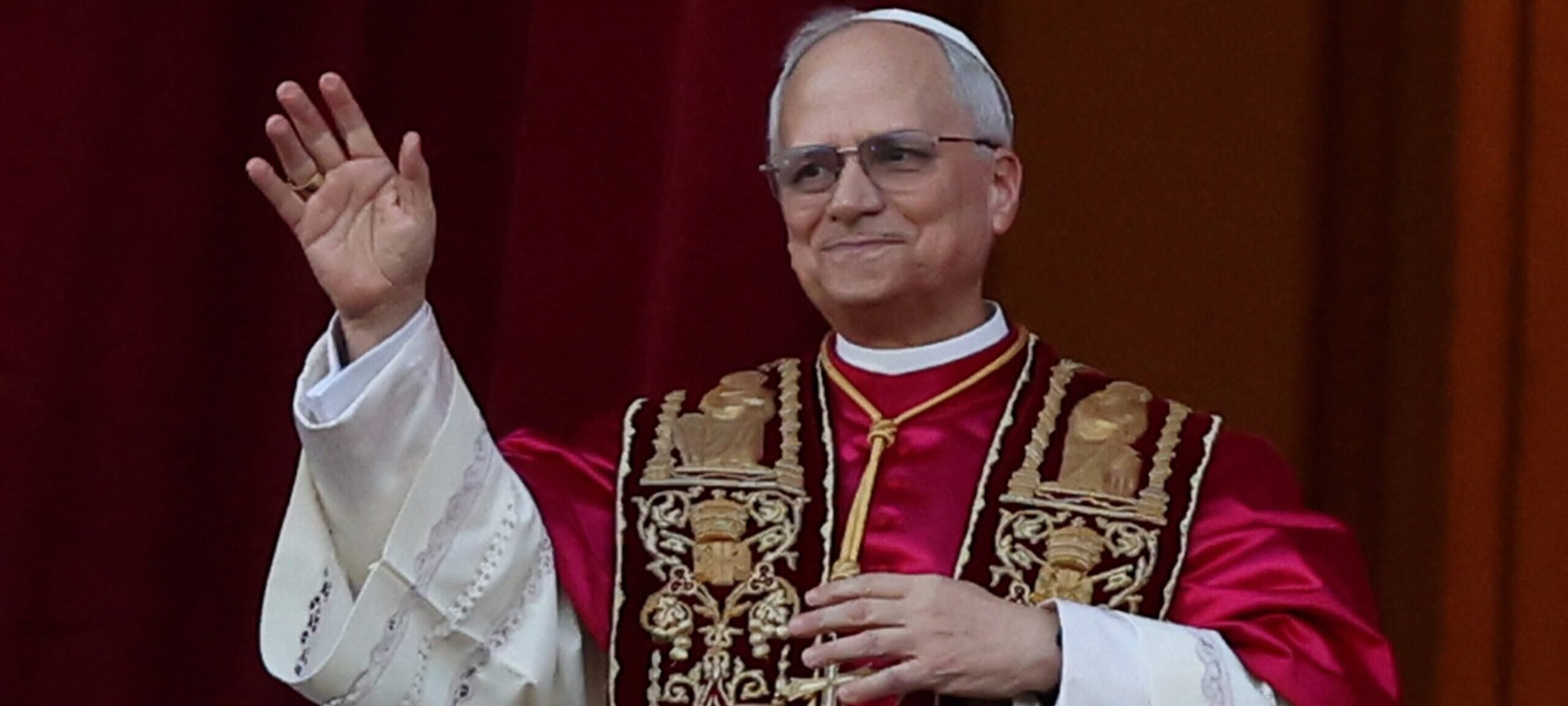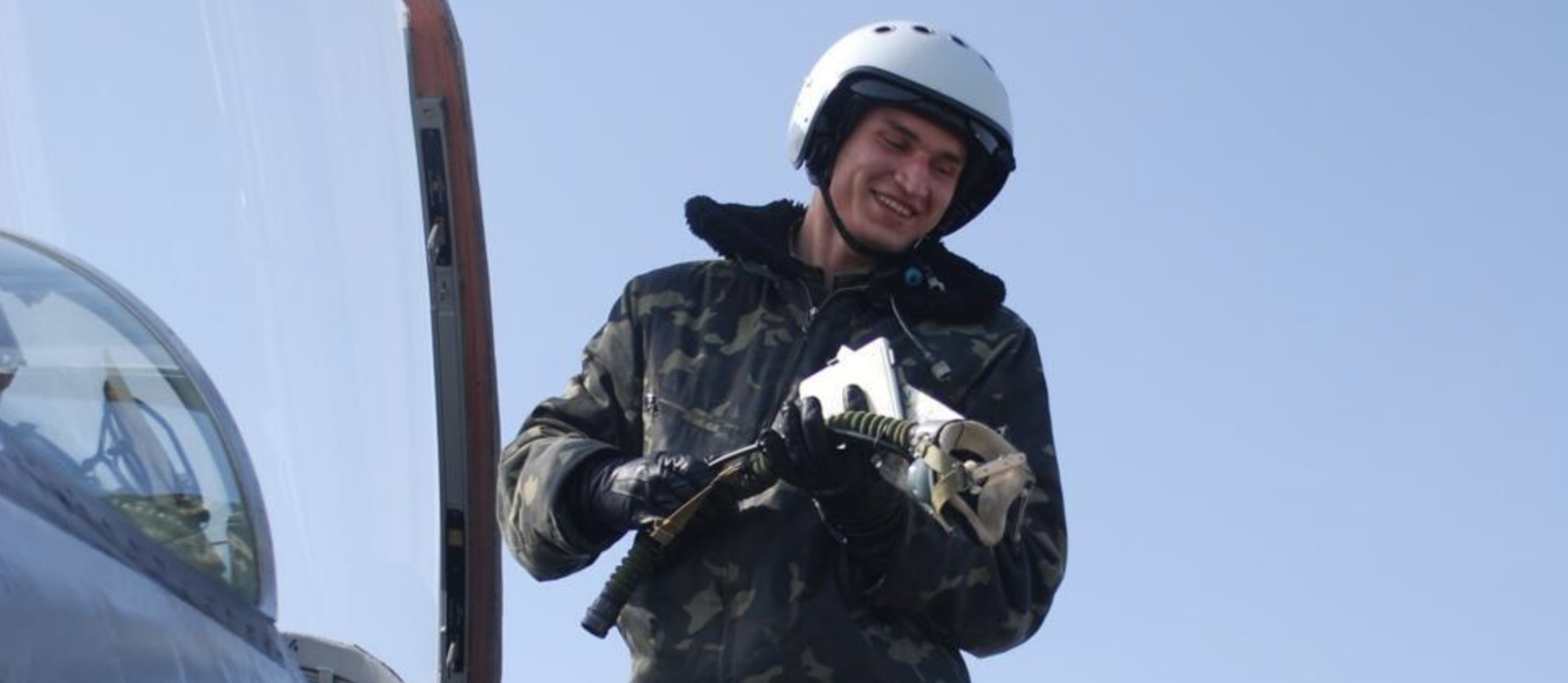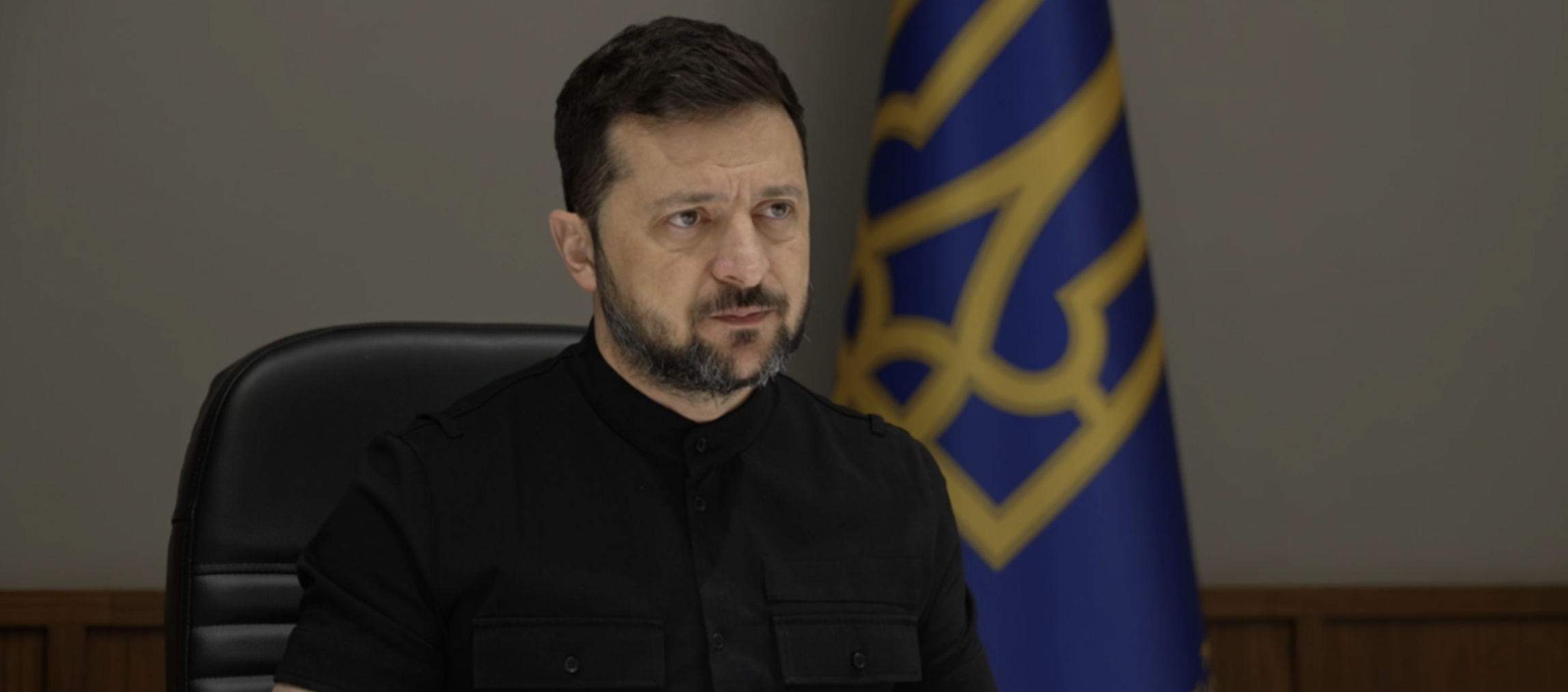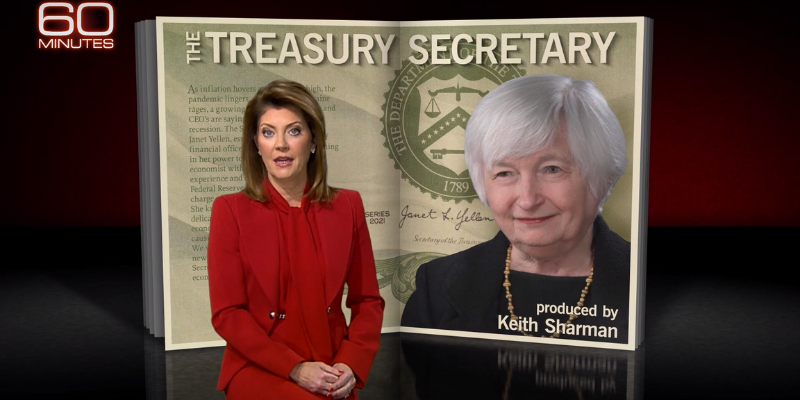
Norah O’Donnell, a CBS Evening News anchor, interviewed U.S. Treasury Secretary Janet Yellen. The interview, which went on the air in 60 Minutes on Sunday, covered a number of topics, including recession fears, inflation and Russian war on Ukraine.
Below is a transcript of the 60 Minutes war-related part:
Secretary Yellen told us outside of the U.S. economy, the issue she spends the most time on is the war in Ukraine. The only nation’s flag we saw in the halls of treasury besides the stars and stripes was the blue and yellow of Ukraine.
Norah O’Donnell: You have said that ending Russia’s war against Ukraine is the single best thing we can do for the global economy.
Janet Yellen: Yes.
Norah O’Donnell: Do you see any evidence that that end is in sight?
Janet Yellen: We’re doing everything we can to bring this war to a conclusion. Of course, we are providing considerable help to Ukraine, both military and economic.
The agency in charge of implementing more than 1,000 sanctions on the Russian banking, energy and military industries isn’t the State Department or the Pentagon – it’s the Treasury. Yellen has put 41-year-old Deputy Secretary Wally Adeyemo in charge of efforts to cripple the Russian economy and deprive the Russian military of what it needs to fight.
Much of the financial war against Russia is being fought from behind closed doors at Treasury in rooms called secure compartmentalized information facilities or ‘SCIFs.’
Norah O’Donnell: And what are some of the things that you can do in this secure room that will limit Russia’s ability in Ukraine?
Wally Adeyemo: We’re able to view intelligence on Russia’s attempts to evade our sanctions. We also see intelligence about what Russia needs to continue its war in Ukraine.
Norah O’Donnell: And so how much time do you spend in the SCIF?
Wally Adeyemo: I will spend sometimes hours a day in the SCIF.
Norah O’Donnell: Hours? Hours a day?
Wally Adeyemo: Yeah. And the secretary and I will do a few meetings in there a week together with the team to review our progress across a number of issues.
The deputy secretary told us limiting Russia’s supply of everything from microchips to ball bearings has made a difference on the battlefield.
Norah O’Donnell: Take me behind the scenes about how you know that the sanctions that you have and other countries have imposed is really having an effect.
Wally Adeyemo: I won’t tell you about any intelligence that I’ve seen. But I can tell you Russia’s top tank producers have shut down their operations and they’ve made this public because they can’t get the equipment that they need.
U.S. and allied sanctions have taken a significant toll on Russia’s military, but CBS News has learned some of the cruise missiles that Russia launched in attacks on the Ukrainian capital of Kyiv on November 23 were made in Russia just weeks earlier.
Norah O’Donnell: Does that suggest that Russia is evading some of these sanctions that you’re crafting right here at the Treasury Department?
Janet Yellen: I don’t know the details on these missiles. I would say that Russia’s ability to supply its military has been very significantly eroded by the sanctions and the export controls.
Starting this past week, the G7, which includes the U.S. and the European Union, plus Australia agreed to a price cap of $60 a barrel on Russian oil.
The elaborate plan, eight months in the making, came together just as Europe placed a ban on the importation of Russian oil, raising fears of a price spike that would hit a continent already suffering from high energy prices.
Norah O’Donnell: What does this price cap on Russian oil do? What’s the goal?
Janet Yellen: The first goal is to limit the revenue that Russia receives. And we wanna make sure that they don’t get windfall profits. But the second goal is one that concerns Americans and countries all around the world, and that is we wanna keep Russian oil flowing because Russia is a significant supplier of oil to the markets. So, those are our two goals, suppress Russian revenue, make it more difficult for them to fight the war, and keep global prices in a moderate range, and avoid spikes.
Norah O’Donnell: That’s a pretty delicate balance.
Janet Yellen: It is. It’s new. The price cap only went into effect at the beginning of this week. But I would say so far, so good.
Norah O’Donnell: The American people have committed $38 billion to military aid to Ukraine and additional $13 billion in direct aid to prop up the Ukrainian economy. How long can that support in billions of dollars continue for Ukraine?
Janet Yellen: For as long as it takes.
